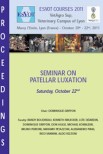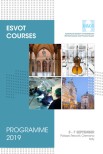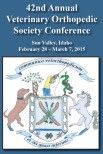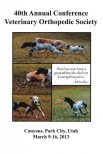Objective—To compare in vitro expansion of equine tendon- and bone marrow–derived cells with fibroblast growth factor-2 (FGF-2) supplementation and sequential matrix synthesis with pulverized tendon and insulin-like growth factor-I (IGF-I).
Sample—Cells from 6 young adult horses.
Procedures—Progenitor cells were expanded in monolayers with FGF-2, followed by culture with autogenous acellular pulverized tendon and IGF-I for 7 days. Initial cell isolation and subsequent monolayer proliferation were assessed. In pulverized tendon cultures, cell viability and expression of collagen types I and III and cartilage oligomeric matrix protein (COMP) mRNAs were assessed. Collagen and glycosaminoglycan syntheses were quantified over a 24-hour period.
Results—Monolayer expansion with FGF-2 significantly increased the mean ± SE number of tendon-derived cells (15.3 ± 2.6 × 106), compared with bone marrow–derived cells (5.8 ± 1.8 × 106). Overall, increases in collagen type III and COMP mRNAs were seen in tendon-derived cells, compared with results for bone marrow–derived cells. After IGF-I supplementation, increases in collagen type I and type III mRNA expression were seen in bone marrow–derived cells, compared with results for unsupplemented control cells. Insulin-like growth factor-I significantly increased collagen synthesis of bone marrow–derived cells. Monolayer expansion with FGF-2 followed by IGF-I supplementation significantly increased glycosaminoglycan synthesis in tendon-derived cells.
Conclusions and Clinical Relevance—Tendon-derived cells had increased cell numbers and matrix synthesis after monolayer expansion with FGF-2, compared with results for bone marrow–derived cells. In vivo experiments with FGF-2-expanded tendon-derived cells are warranted to evaluate effects on tendon healing.









